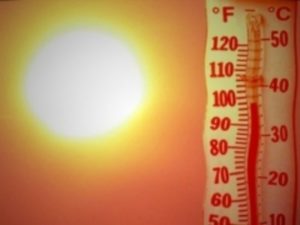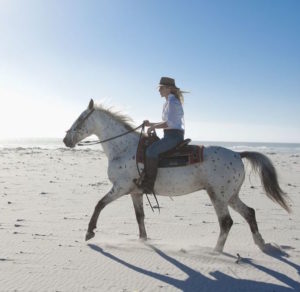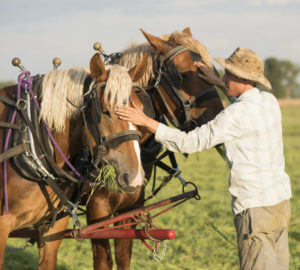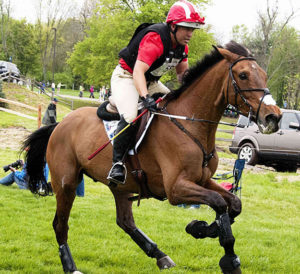 It’s hot and you’ve just returned from a sweat-inducing ride. Do you hose down your horse?
It’s hot and you’ve just returned from a sweat-inducing ride. Do you hose down your horse?
Believe it or not, almost no research has been done on how to help horses lower their core temperature when we ride them in extremely hot weather. That lack of research, however, hasn’t stopped experts from espousing their professional opinions. Few cite published research in peer-reviewed academic journals (which is something BestHorsePractices tries to do whenever possible).
Here is what we know from common sense and a little science:
Bigger horses have a harder time in the heat. Why? It’s simple math based on the ratio of volume-to-surface-area. Which cools off quicker, a cup of coffee or a kettle of coffee? The cup, of course, because the ratio of the volume-to-surface area is smaller.
 We offer some simple observations and suggestions, based on work by D.R. Hodgson, R.E Davis, and F. F. McConaghy and published in the British Veterinary Journal in 1994.
We offer some simple observations and suggestions, based on work by D.R. Hodgson, R.E Davis, and F. F. McConaghy and published in the British Veterinary Journal in 1994.
Horses have a greater chance of overheating if:
- They’re not acclimated to hot weather.
- They’re overweight and/or inadequately conditioned.
- In infrequent cases, they suffer from an impairment of the thermoregulatory system like anihidrosis
To cool down your horse properly:
- Stop exercising
- Provide shade
- Make use of fans or cool breezes
- Give cool water sponge baths or spray with a hose. Many urge that water must be scraped off, so that it doesn’t end up insulating the coat and hindering cooling.
 In severe cases, the researchers recommended applying ice packs or towels wet with ice water to the large vessels of the limbs and lateral thorax.
In severe cases, the researchers recommended applying ice packs or towels wet with ice water to the large vessels of the limbs and lateral thorax.
Big Red Flag:
Over-cooling can be dangerous. It may “induce vasoconstriction of the small cutaneous vessels, thereby reducing conduction of heat from core to periphery,” write the researchers.
In other words, too much cooling will inhibit the horse’s own physiological ability to cool off.
 Yellow Flags:
Yellow Flags:
- Don’t ask an unfit horse to exercise in the heat
- Monitor before, during and after hot weather events
- Know your individual horse
- Minimize the risk of heat stress by paying attention to your horse and learning heat stress signs and treatment (see above).